Squirrels Fruit Tree Protection: Using Squirrel Deterrents For Fruit Trees
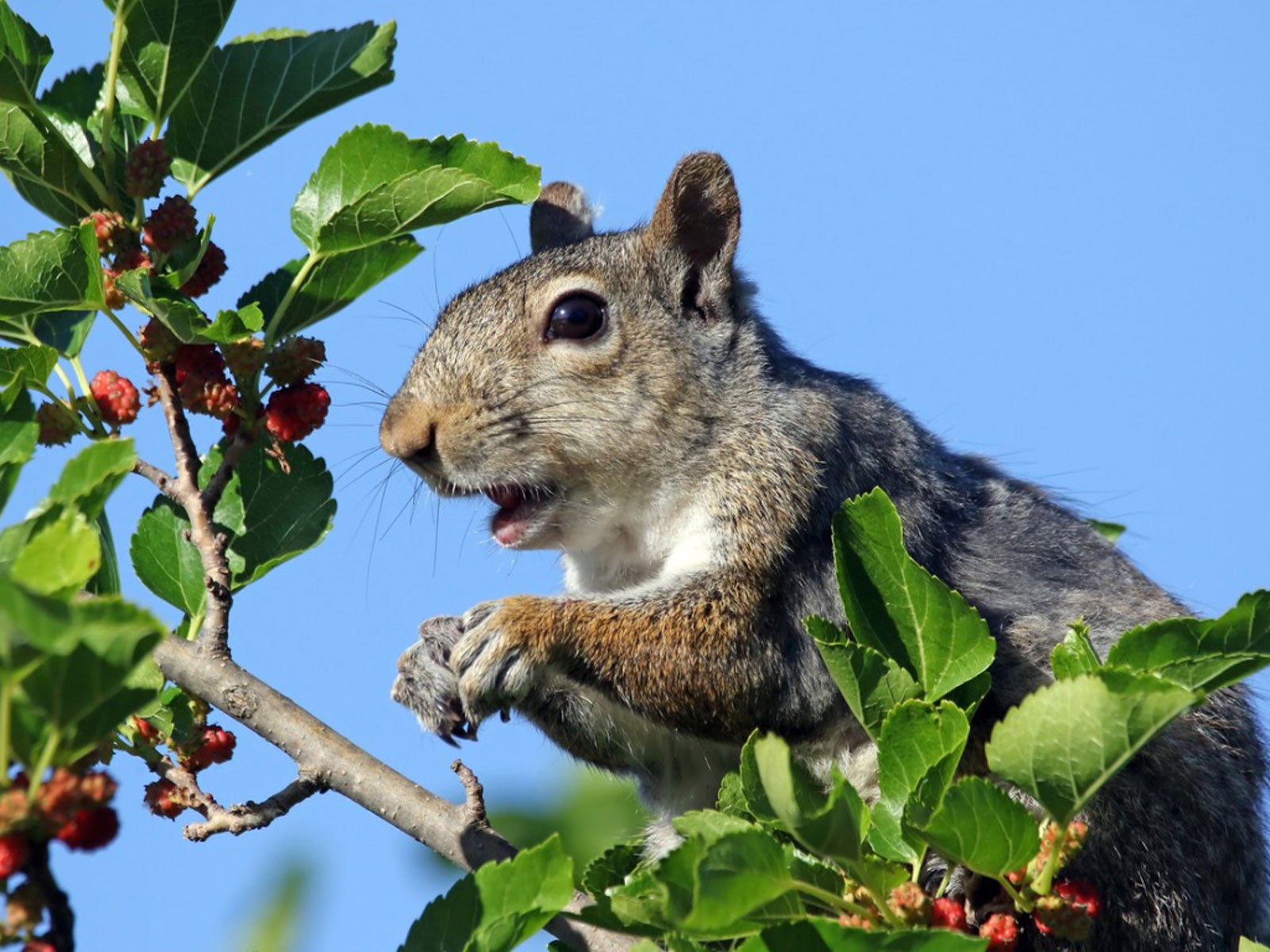

Squirrels may appear to be cute fluffy tailed little critters, but their damaging feeding behaviors and digging can cause problems in the home landscape. In spite of their non-threatening demeanor, squirrels eating fruit tree buds limit production and stunt new growth. They dig up bulbs and eat tender new plants. In extreme cases, the rodents can jump from trees and find ways into your home, nesting in your attic or crawlspace. Knowing how to keep a squirrel out of fruit trees and other tall plants will help you enjoy their antics without worrying about their destructive natural habits.
Why Worry About Squirrel Proofing Fruit Trees?
There are numerous varieties of squirrels throughout the United States and North America. Most of them are not considered pests but some find nesting, feeding, and playing in your fruit trees utterly irresistible. This poses no problem for the gardener who has an excess of fruit and where the rodents aren't displaying chewing behavior. But in some cases, squirrels eating fruit tree buds may also chew on bark, causing tree wounds that invite decay and fungal diseases. Squirrel proofing fruit trees can protect young fruit and prevent the rodents from accessing power and phone lines, disrupting service. They will also chew on siding and gain entry to your home.
Squirrel Fruit Tree Protection
Most gardeners are familiar with squirrel baffles for bird feeders and some forms of tree barriers. Many a homeowner has lost the battle with the cunning local squirrel. Squirrel proofing fruit trees starts with management and planning. Keep limbs away from the home where they will often gain access to the tree. Consider better planting sites at installation of trees. It is difficult to achieve total squirrel fruit tree protection due to the animals amazing climbing ability. Try simple things like netting the crown of the tree to protect new buds and young fruit.
How to Keep a Squirrel Out of Fruit Trees
When the pests have gotten on your last nerve, it is tempting to attempt lethal methods. This is inadvisable unless you know your species. Some squirrels are protected species and killing them may hold a fine. Poisons and traps can inadvertently harm children or pets. Trapping is sometimes effective, but you will have to release the animal into a wild and appropriate habitat as part of good animal management. Extreme problem animals will require extreme squirrel deterrents for fruit trees. Scaring the heck out of them is a good way to reinforce the notion that your yard is not a good place to stay and live. Fluttering flags or streamers in the trees can be a preventive measure that is simple and not dangerous to other animals. Common squirrel deterrents for fruit trees include Ro-Pel, capsaicin, or hot pepper oil, and sticky topical applications for trunks and limbs. A simple metal collar 2 feet (0.5 m.) wide around the trunk of a tree prevents entry to the canopy of the fruit tree too. Squirrel fruit tree protection is a challenge and may be a losing battle, but it couldn't hurt to try some of these simple methods and maybe your favorite tree will produce beyond your wildest dreams.
Gardening tips, videos, info and more delivered right to your inbox!
Sign up for the Gardening Know How newsletter today and receive a free copy of our e-book "How to Grow Delicious Tomatoes".

Bonnie Grant is a professional landscaper with a Certification in Urban Gardening. She has been gardening and writing for 15 years. A former professional chef, she has a passion for edible landscaping.
-
 Looking For Plants To Give You The Soft And Fuzzies? Try These 5 Fuzzy Leaf Plant Options
Looking For Plants To Give You The Soft And Fuzzies? Try These 5 Fuzzy Leaf Plant OptionsLovers of texture, drama, silver foliage and tactile plants will adore these special sensory garden additions. These fuzzy leaf plant options will leave you all aglow
By Susan Albert
-
 Get Ready For A Summer Of Hummers! Grow These Full Sun Hummingbird Plants and Flowers
Get Ready For A Summer Of Hummers! Grow These Full Sun Hummingbird Plants and FlowersIf you’re lucky enough to enjoy a sunny backyard, make sure you are maxing out on your pollinator opportunities and grow these full sun hummingbird plants and flowers
By Tonya Barnett
-
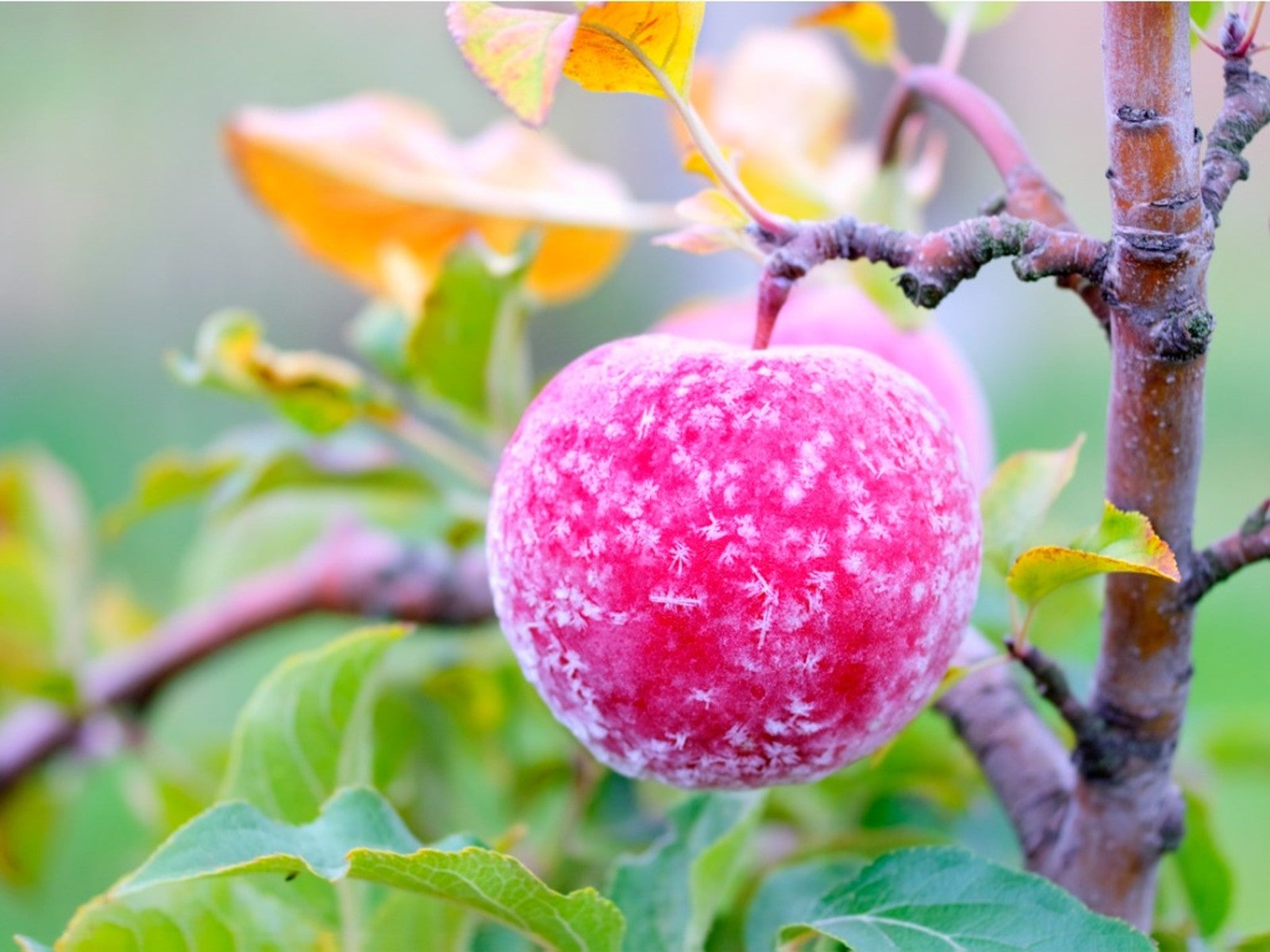 How To Protect Fruit Trees From Frost And Freeze
How To Protect Fruit Trees From Frost And FreezeChoosing fruit trees appropriate for your growing zone is best, but you still may need to protect them from extreme cold. Read how.
By Bonnie L. Grant
-
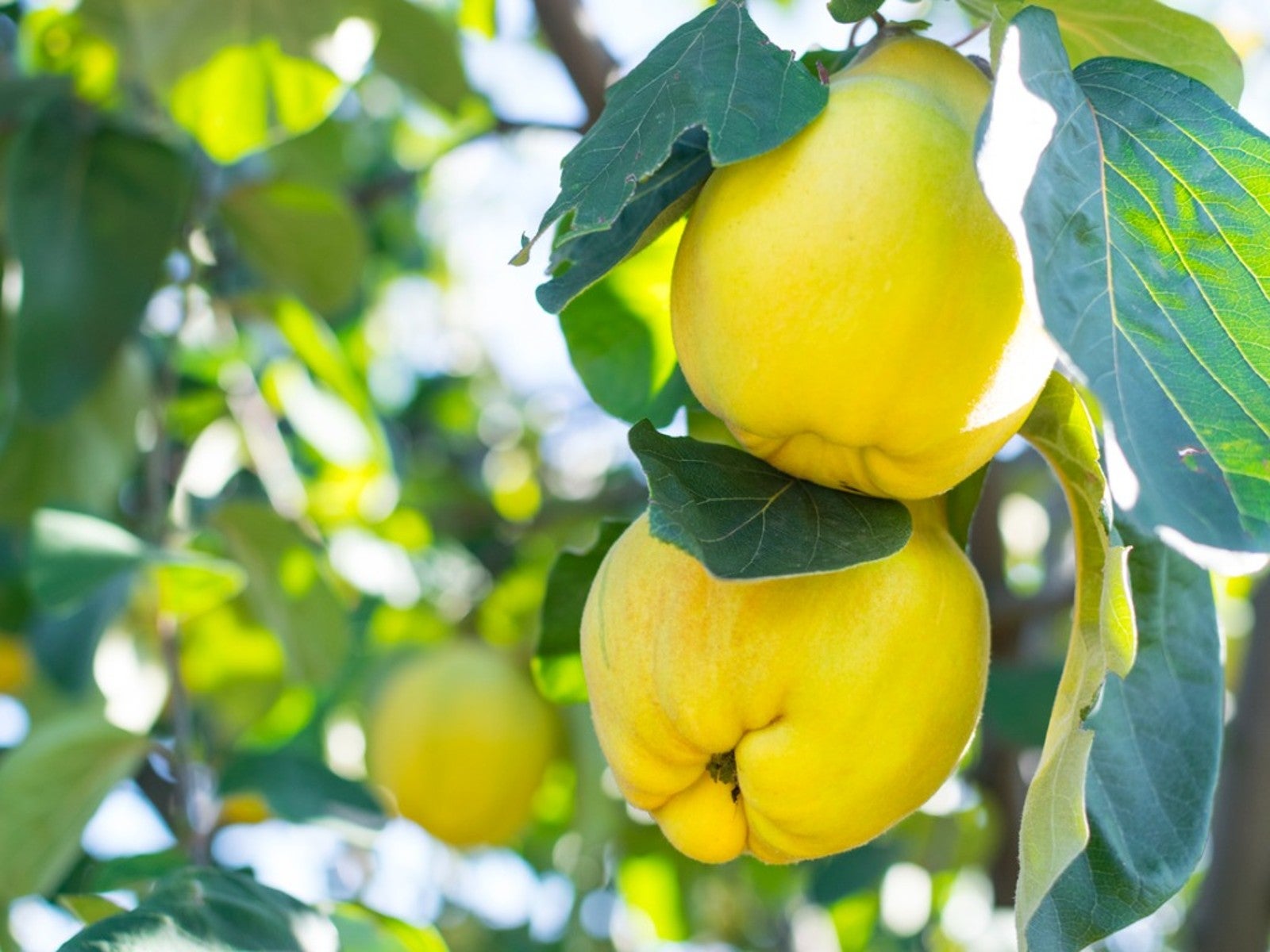 Best Plants For Late Summer and Fall Fruit Harvest
Best Plants For Late Summer and Fall Fruit HarvestEven if you don’t have the optimal conditions for more common fruit trees, there are other end of summer fruits to enjoy.
By Teo Spengler
-
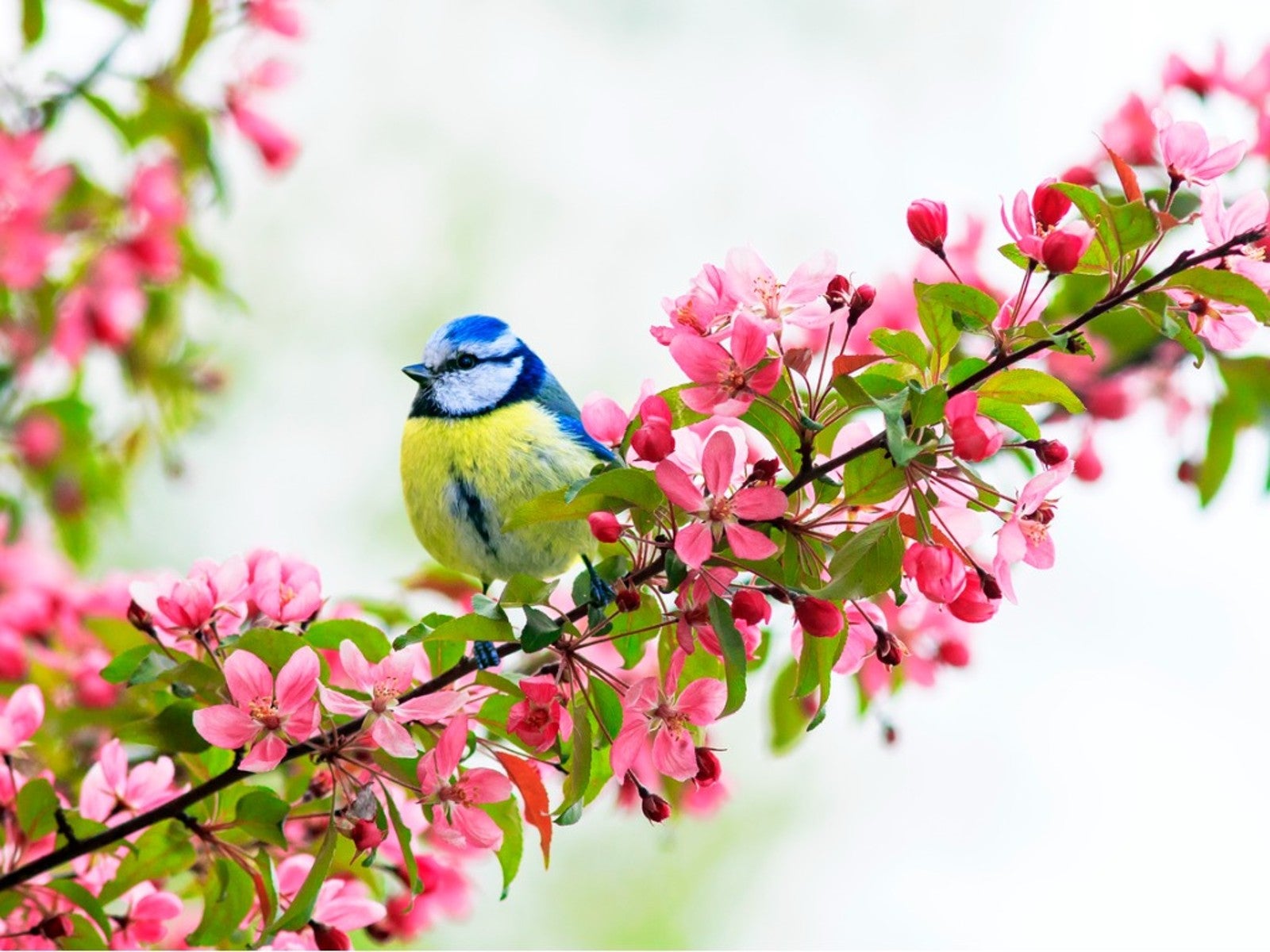 Best Native Fruit Trees To Support Wildlife
Best Native Fruit Trees To Support WildlifeIf you want trees that will attract and feed wildlife, learn the best kinds of edible fruit and nut trees to plant for inviting specific creatures.
By Teo Spengler
-
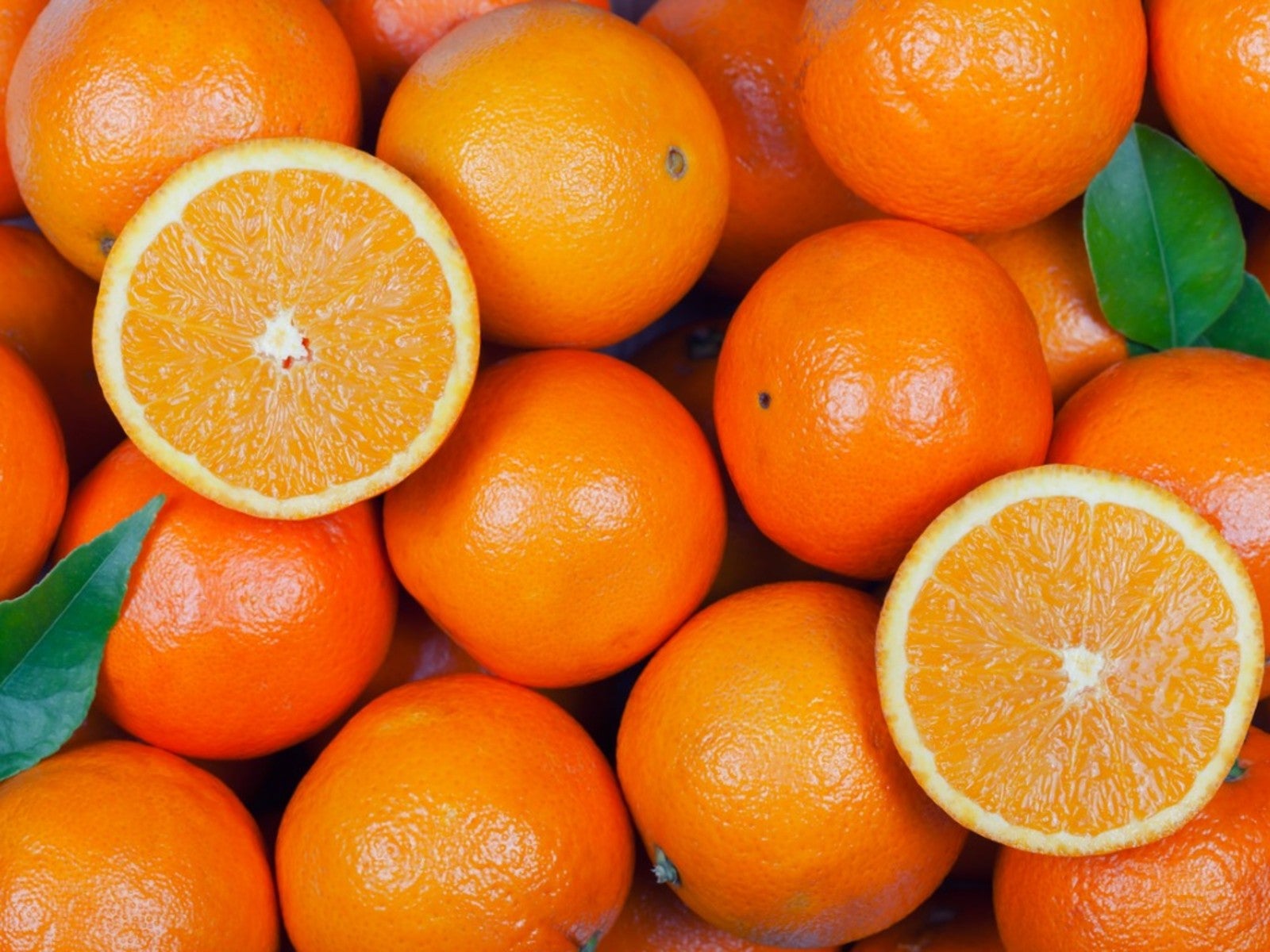 Orange Fruit Varieties: Growing Fruits That Are Orange
Orange Fruit Varieties: Growing Fruits That Are OrangeOrange colored fruit isn’t limited to the citrus orange. There are plenty of other orange colored fruit varieties, each packing a healthful punch. Read on for more.
By Amy Grant
-
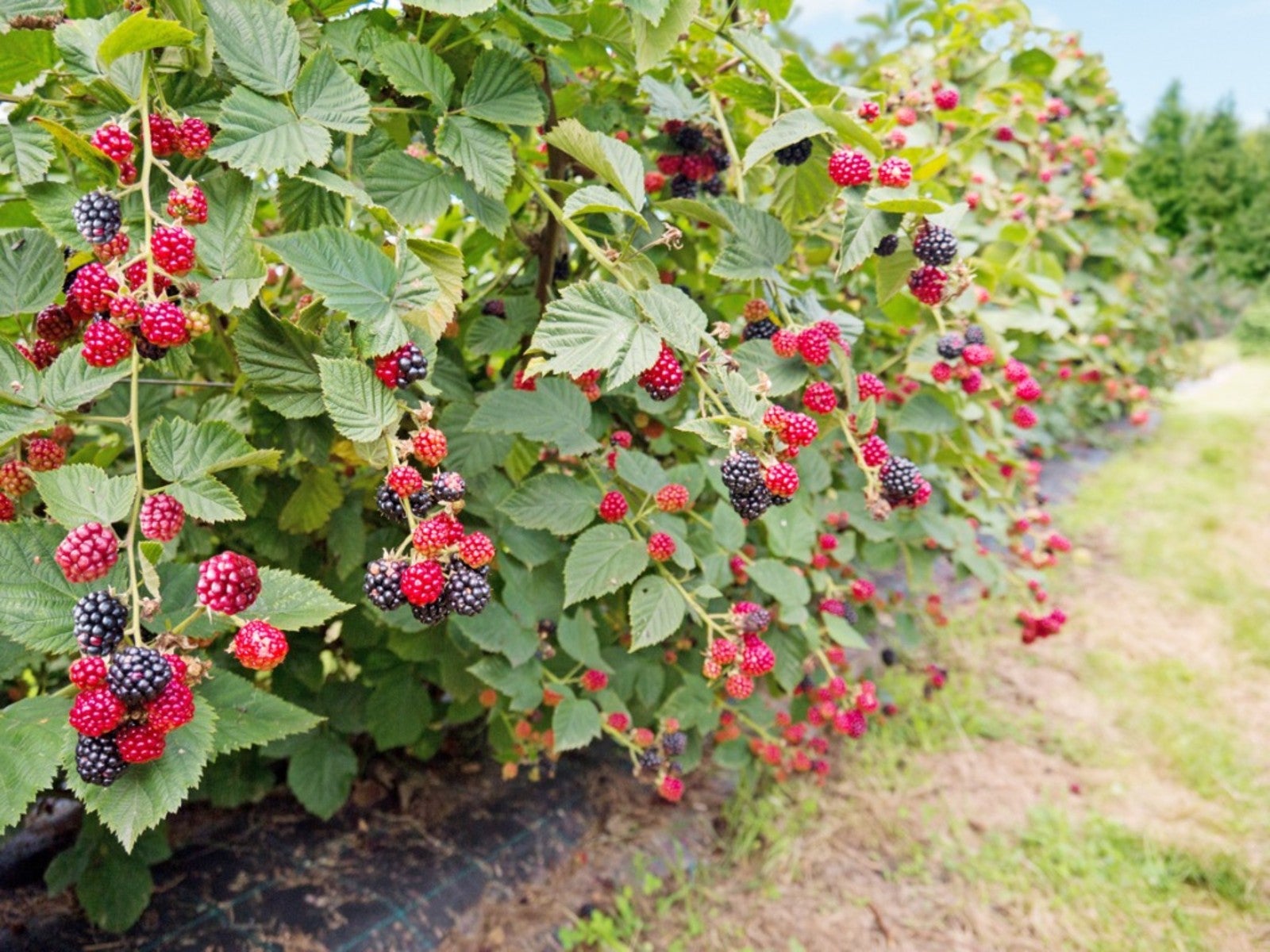 Everbearing Plants: Learn About Everbearing Varieties Of Fruit
Everbearing Plants: Learn About Everbearing Varieties Of FruitWhat does everbearing mean? And more importantly, how do everbearing varieties differ from non-everbearing types? Read on for more.
By Laura Miller
-
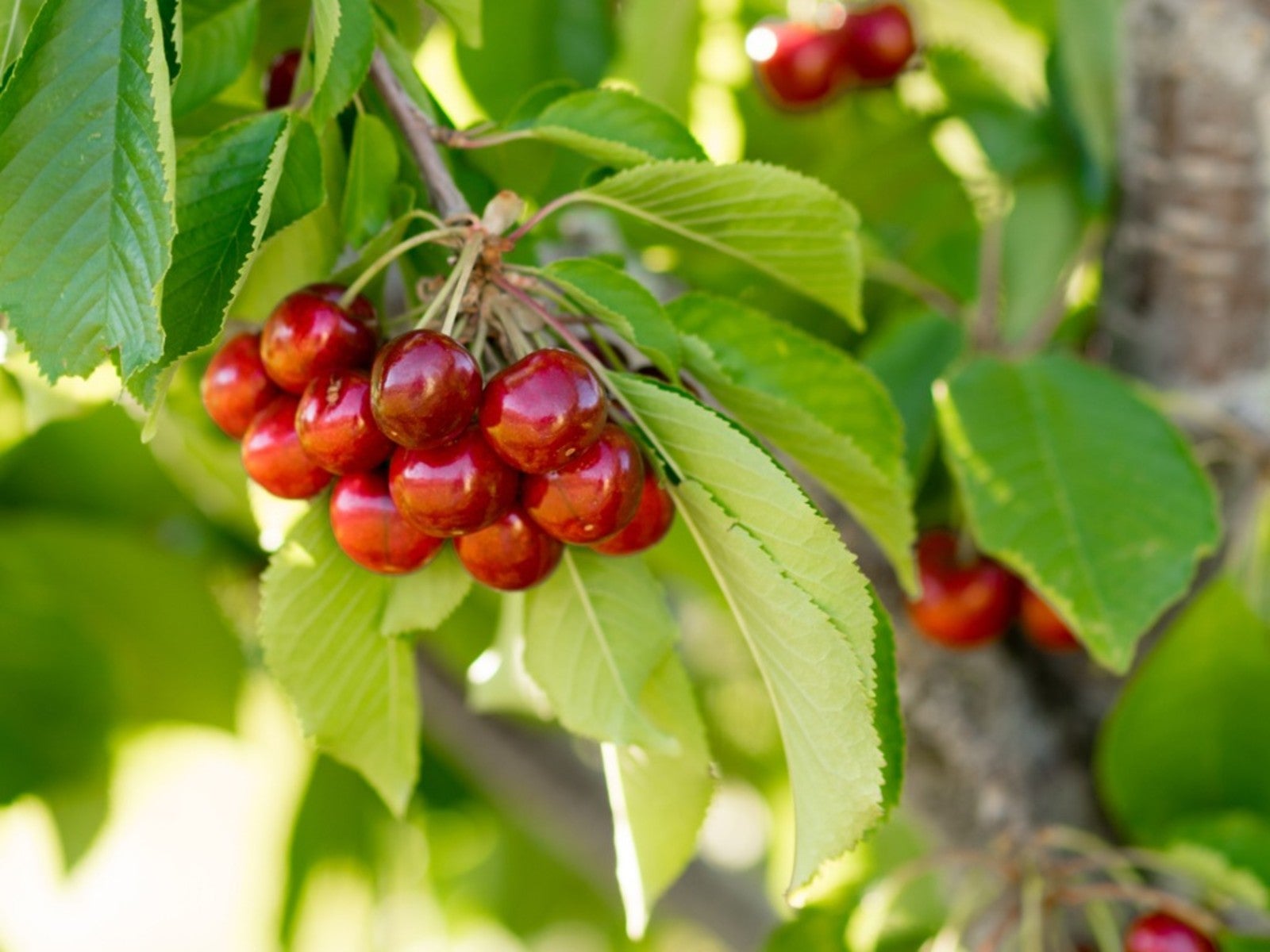 Plant A Red Fruit Garden: Growing Fruits With Red Flesh
Plant A Red Fruit Garden: Growing Fruits With Red FleshPlanting a red fruit garden may seem a bit whimsical. That is, until you realize the health benefits of consuming fruits with red flesh.
By Laura Miller
-
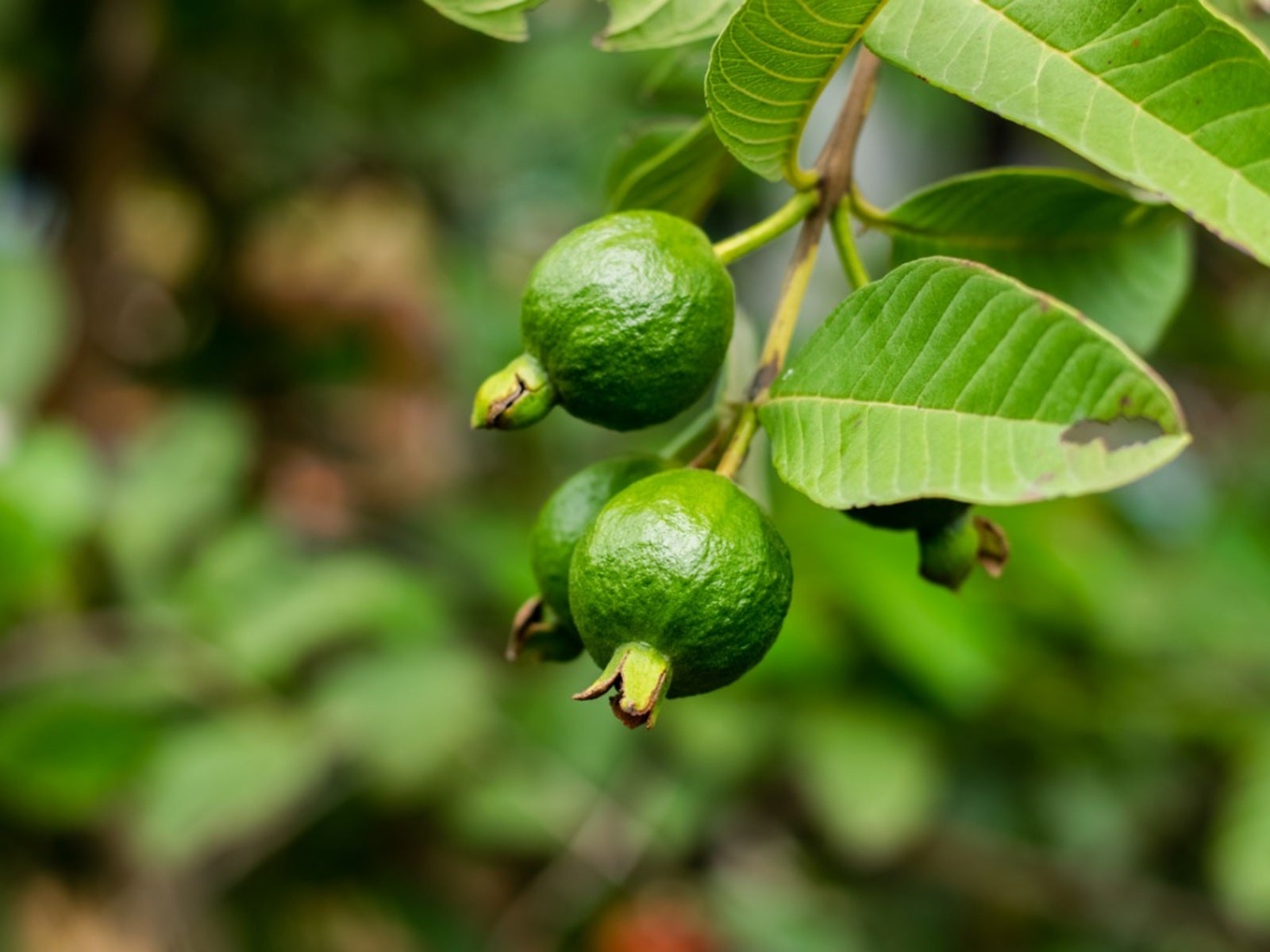 Heat Tolerant Fruits - Growing Fruit In Hot Weather
Heat Tolerant Fruits - Growing Fruit In Hot WeatherSome fruit grows in extreme heat naturally. But there are also specially cultivated, heat-tolerant varieties. For more information on heat tolerant fruits, read on.
By Teo Spengler
-
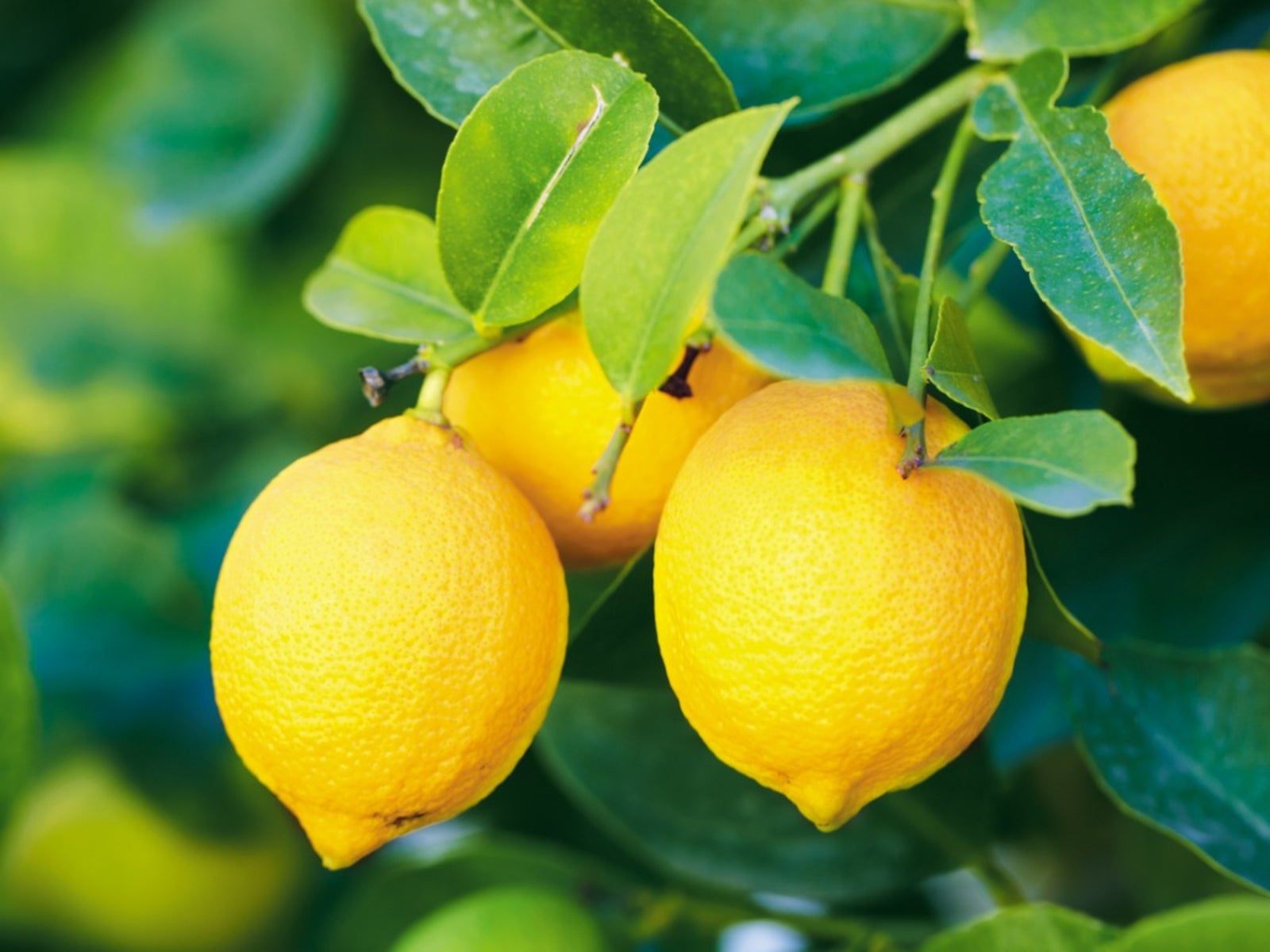 Yellow Fruit Varieties - Growing Fruit That Is Yellow
Yellow Fruit Varieties - Growing Fruit That Is YellowWhat fruit is yellow? There's more than the bananas at the supermarket. Try growing yellow fruit for a consistent supply of sunny food.
By Bonnie L. Grant